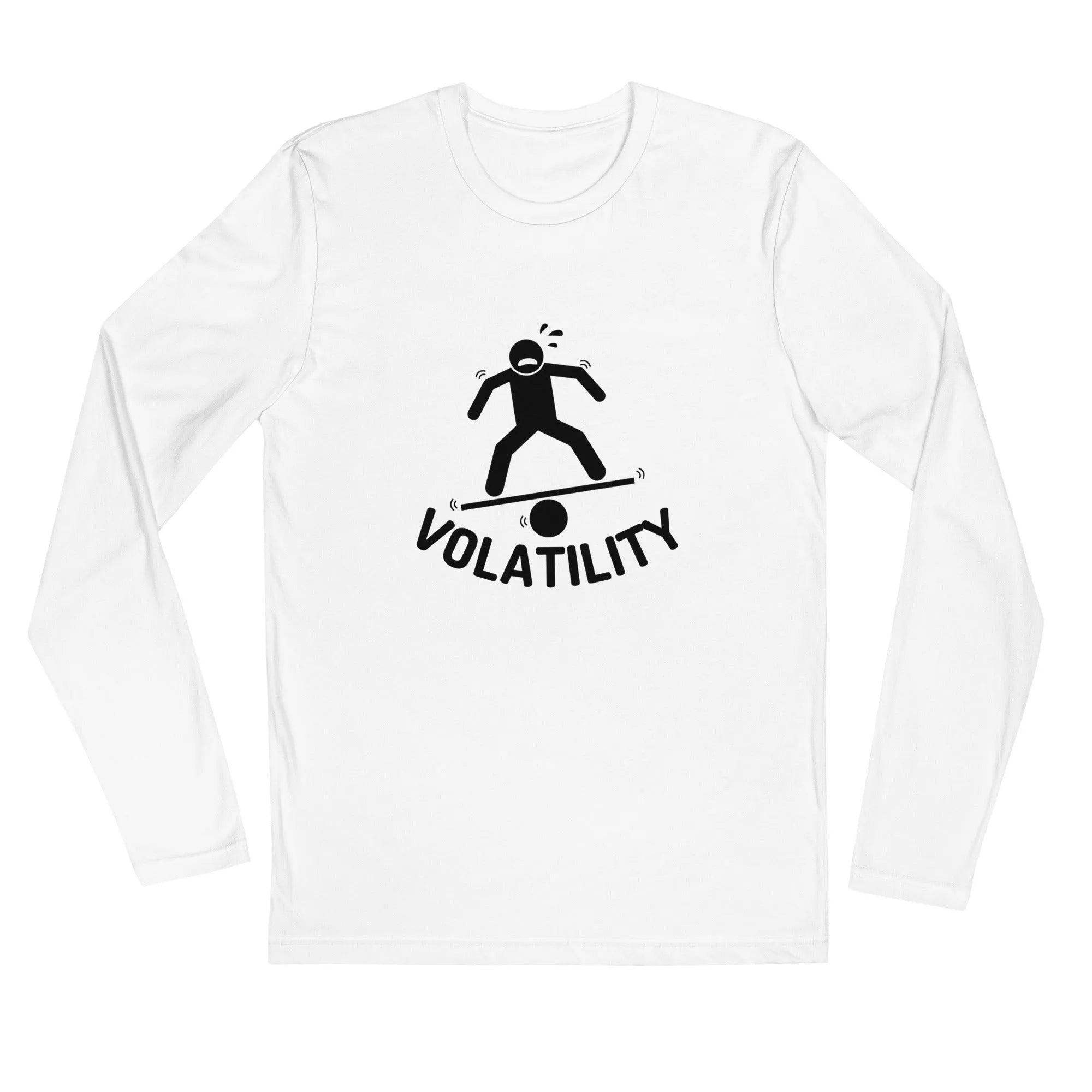
5 Types Of Index Funds
Index Funds
Index funds are investment funds that aim to track the performance of a specific market index. They do this by investing in the same securities and in the same proportion as the index. For example, an S&P 500 index fund would hold the same 500 stocks as the S&P 500 index and in the same proportion. By doing this, the index fund seeks to match the performance of the index it is tracking.
Index funds can be traded like any other mutual fund or ETF. Investors can buy and sell shares of index funds through a brokerage account or directly from the fund company. Unlike actively managed funds, which require a fund manager to make investment decisions, index funds are passively managed. This means that the fund simply follows the index it is tracking, without making any active investment decisions.
Pros and Cons of Index Funds
As with any investment strategy, there are both advantages and disadvantages to investing in index funds.
Pros:
Diversification: Index funds provide investors with exposure to a diversified portfolio of stocks, which can help reduce risk.
Low Cost: Index funds are generally less expensive than actively managed funds because they don't require a fund manager to make investment decisions.
Transparency: Investors can easily see the holdings of an index fund, which provides transparency and helps to avoid surprises.
Tax Efficiency: Because index funds are passively managed, they typically have lower turnover rates, resulting in fewer taxes.
Cons:
Limited Upside: Because index funds are designed to track the performance of a specific index, investors may miss out on some potentially high-performing stocks.
No Control: Investors do not have control over which stocks the fund invests in, which can be a disadvantage for those who want more control over their investments.
Market Risk: Like any investment, index funds are subject to market risk, and investors may experience losses during market downturns.
No Tailored Approach: Index funds do not take individual investment goals into account and offer a one-size-fits-all approach.
Types Of Index Funds
There are several types of index funds, each with its unique characteristics. Some of the most common types of index funds are:
1. Broad Market Index Funds:
These funds track the performance of the overall stock market, such as the S&P 500 or the Dow Jones Industrial Average. They provide investors with exposure to a broad range of stocks across different sectors and industries.
2. Sector Index Funds:
These funds track the performance of a specific sector, such as technology, healthcare, or energy. Investors who are interested in investing in a specific industry or sector can use sector index funds to gain exposure to that area of the market.
3. International Index Funds:
These funds invest in stocks from foreign markets, such as Europe, Asia, or emerging markets. They provide investors with exposure to international stocks and can help to diversify their portfolio.
4. Bond Index Funds:
These funds invest in fixed-income securities, such as Treasury bonds or corporate bonds. They provide investors with exposure to the bond market and can help to balance the risk of a portfolio that is heavily weighted towards stocks.
5. Style Index Funds:
These funds track the performance of a particular investment style, such as value or growth investing. Investors who are interested in investing in a particular style of investing can use style index funds to gain exposure to that approach.
Conclusion
Index funds have become increasingly popular over the years due to their low costs, transparency, and ease of use. However, investors should carefully consider the pros and cons before investing in them. Additionally, it is important to choose the right type of index fund based on individual investment goals and risk tolerance.





Leave a comment
This site is protected by hCaptcha and the hCaptcha Privacy Policy and Terms of Service apply.